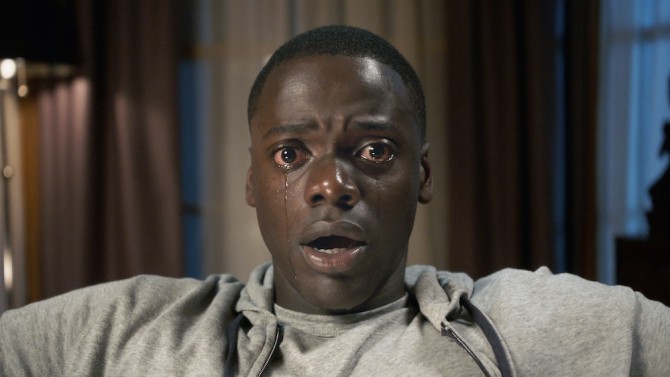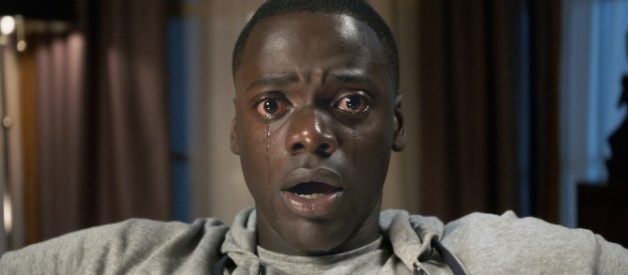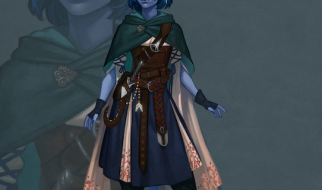 Universal Pictures
Universal Pictures
Can we talk about the Swahili song in ?Get Out??
For the past several weeks, I have read some really thought provoking pieces on the must see Jordan Peele film, ?Get Out?. Very few however, how touch on the powerful and very important Swahili song tucked in the film.
For those who haven?t seen the film, here is your disclaimer. Spoilers ahead.
First and foremost, here is a complete translation of the song.
Brother,
Listen to the ancestors.
Run!
You need to run far! (Listen to the truth)
Brother,
Listen to the ancestors
Run! Run!
To save yourself,
Listen to the ancestors.
We are first introduced to the song in the beginning of the film. A clear and haunting warning (even for those who don?t understand what the song says).
We hear the song again during the party scene when Chris is asked to talk about the African American experience. The score ring through the awkward moment as if to say, ?pay attention! Listen here.?
We also hear the song when Chris looks at the mounted deer head while standing over Jeremy?s seemingly lifeless body (on a very serious note, Jeremy had the ungodly stamina of a mutant naked mole rat living in the sewer pipes of a major metropolitan city). ?SIKILIZA? (LISTEN) is whispered as Chris turns to look at the stag.
Jordan Peele has confirmed before that this song does serve as a warning for Chris throughout the film. And perhaps even more so for the audience. But I believe it serves an even deeper purpose, especially when put in context with the larger discourse surrounding the film.
There is often an unspoken understanding within the Black community that is informed by an omnipresent collective memory and this song speaks to that very notion. There is a keen awareness that influences how Black people not only navigate macro systems (institutions of education, criminal justice, etc), but also small interactions (not-so-micro fucking aggressions). The voices in the song are the voices we carry ? the history books we read, or the elders in our communities or the countless videos of police brutality that serve as haunting reminder to stay awake and attuned to the ways white supremacy reinvents itself everyday.
I cannot overstate how incredible an experience this film was. If you have not seen it yet (first of all, why did you read this fam), or would like to experience the emotional rollercoaster of film once again, go to the theaters but this time pay attention. This time, sikiliza.


